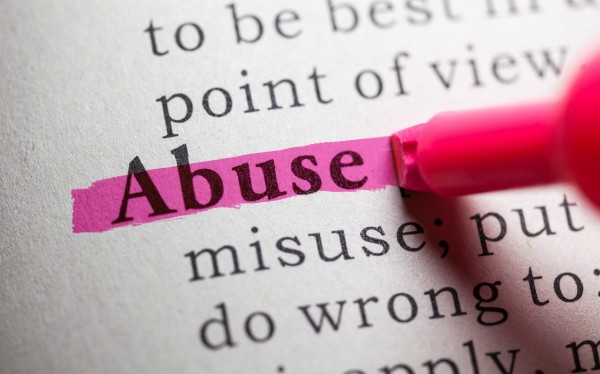
Four workers have been convicting of mistreating people with learning disabilities in their care, following the trial into abuse at a hospital uncovered by a BBC investigation.
Matthew Banner was convicted of five charges of ill-treatment of a person in his care, while Peter Bennett and Ryan Fuller were each convicted of two charges and John Sanderson of one count of the same offence.
All four worked at Whorlton Hall in Durham, where an undercover Panorama reporter filmed footage of people with learning disabilities and autistic people being abused by care workers in 2019. The provider, Cygnet Healthcare, which acquired Whorlton Hall the previous year, closed the hospital later in 2019.
Five other staff members – Sarah Banner, Karen McGhee, Niall Mellor, Darren Lawton and Sabah Mahmood – were found not guilty of all charges, following the trial at Teesside Crown Court.
Banner, Bennett, Fuller and Sanderson are due to return to court on 7 July for sentencing.
Following their convictions, Detective Chief Superintendent David Ashton, of Durham Constabulary, said: “We hope that the successful prosecution of the defendants in this case sends a clear message that the abuse of vulnerable people in specialist care settings will not be tolerated.”
He said he also hoped it would encourage those concerned about abuse in care settings to speak out and report it.





 Assistive technology and dementia: practice tips
Assistive technology and dementia: practice tips  A trauma-informed approach to social work: practice tips
A trauma-informed approach to social work: practice tips 




 Find out how to develop your emotional resilience with our free downloadable guide
Find out how to develop your emotional resilience with our free downloadable guide  Develop your social work career with Community Care’s Careers and Training Guide
Develop your social work career with Community Care’s Careers and Training Guide  ‘Dear Sajid Javid: please end the inappropriate detention of autistic people and those with learning disabilities’
‘Dear Sajid Javid: please end the inappropriate detention of autistic people and those with learning disabilities’ Ofsted calls for power to scrutinise children’s home groups
Ofsted calls for power to scrutinise children’s home groups Seven in eight commissioners paying below ‘minimum rate for home care’
Seven in eight commissioners paying below ‘minimum rate for home care’
 Facebook
Facebook X
X LinkedIn
LinkedIn Instagram
Instagram
Comments are closed.